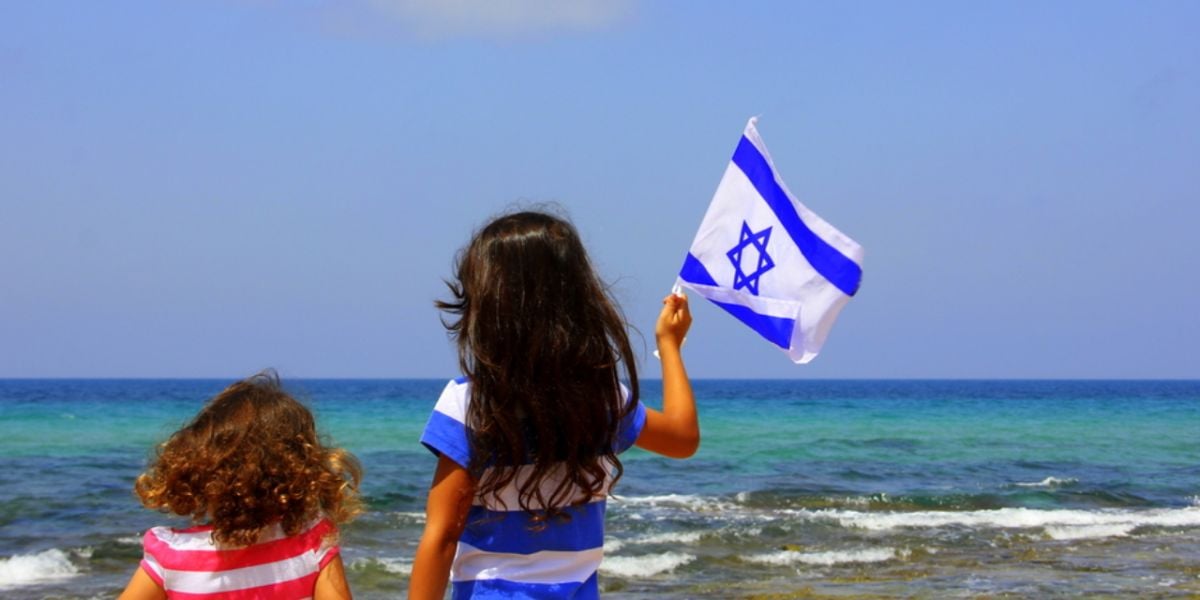
The family holds a significant role within society, bolstered by healthcare facilities and government-operated childcare centers catering to children up to six years old. This underscores the value placed on children's education. In this article, you will discover comprehensive information for individuals relocating to Israel with their children.
The family is at the heart of Israeli society, and children are its beating heart. Marriage remains a significant institution in Israel, with many people choosing to wed, often at a young age and with partners of various genders. Given these dynamics, it's only natural that the focus on children, encompassing their growth, education, and upbringing, occupies a prominent role.
Birth and postnatal care in Israel
The vast majority of women in Israel opt to give birth in hospitals. While there's a new trend of home births emerging, it's still quite uncommon. Following childbirth, from the moment the child arrives home until they turn six, they can receive care at a Tipat Halav (Drop of Milk) center. These centers, staffed by nurses, pediatricians, and specialists in breastfeeding and feeding, are scattered across the country and are overseen by the Ministry of Health. New mothers are entitled to three months of paid maternity leave and receive complimentary healthcare for both themselves and their children.
The crib in Israel
Starting at three months old, infants can enroll in a day-care center known as Maon Yom. The fees for these state-approved nurseries are regulated by the government and currently amount to slightly over 2,000 shekels per month, approximately equivalent to 500 euros. Nevertheless, financial support may be accessible based on parents' individual situations.
Every parent is privileged to enroll their child in one of these schools. Typically, registration occurs during January and February, before the start of the school year. Day nurseries are prohibited from rejecting registrations under any circumstances, not even due to enrollment numbers. In cases where the number of children surpasses a set limit, a committee is convened to address the situation.
For the same age group, there is also a system of “kindergartens” (Mishpachton) or parent crèches. These are family-run facilities for up to 5 children aged 3 months to 3 years in the homes of licensed childminders. These services are supervised by local authority social services. They charge the same fees as approved crèches and are also supervised.
At these ages, it's also possible to entrust your child to a private childminder, whose fees are higher, and parents are responsible for payment.
The education system in Israel
Education is compulsory for children aged 3 to 17, and while parents hold the responsibility of enrolling their children and ensuring consistent attendance, the state is accountable for furnishing cost-free educational resources that are accessible to everyone.
Schooling is divided into three cycles. The first, primary school, lasts six years, the second, equivalent to junior high school, lasts three, and the last, corresponding to high school, also lasts three years. These studies culminate in the baccalaureate diploma (Bagrout). Under this system, students prepare for a certification “à la carte”, with a choice of subjects and different coefficients.
Schools in Israel can vary in their curricula based on factors like whether they are secular or religious and whether they serve Arab or Jewish communities. The primary language of instruction is Hebrew, except in areas where the majority is Arab, in which case Arabic is used.
Additionally, there are private schools available, including some with international orientations. These schools do not utilize Hebrew or Arabic as the language of instruction. The majority of these institutions offer education in English or French.
School hours are similar to those in Anglo-Saxon countries. The Ministry of Education sets the start time at 7:55 am, but this is more of a guideline than a rule. Thus, in some schools, the first class starts at 7.20 am, and in others at 8 am. The time set by the Ministry for the end of the study day is 2 pm. Again, this may vary slightly from school to school. The afternoon is, therefore, at the students' disposal and open to extracurricular activities. By 2021, 72% of pupils participated in this kind of activity – sport, music, drawing, chess, or other.
Read also: Lifestyle in Israel
Day-care centers in Israel
Nursery schools and the initial two years of primary school provide afternoon childcare services, caring for children until 4:30 pm. These programs are overseen by the local municipality, ensuring both regulated fees and staffing levels. While the facilities receive partial funding from the Ministry of Education and the Ministry of Social Affairs, the precise cost for parents is contingent upon their socioeconomic status, family circumstances, and the specific city of residence.
Activities for children in Israel
When it comes to moments when parents or the extended family take charge of entertaining the kids, there is an array of options available. Exploring the outdoors provides numerous opportunities for outings, with Israel boasting sixty national parks. For those fortunate to reside near the coast, a whopping 57% of Israelis, considering that many major cities are positioned along the Mediterranean shoreline (excluding Eilat on the Red Sea), a visit to the beach is consistently a well-liked choice, and it comes with the added benefit of being cost-free. What's more, given the country's long history, plenty of archaeological sites are sure to enthrall children.
Museums also offer workshops for children outside school hours, and city cultural calendars abound with events for young audiences.
We do our best to provide accurate and up to date information. However, if you have noticed any inaccuracies in this article, please let us know in the comments section below.








